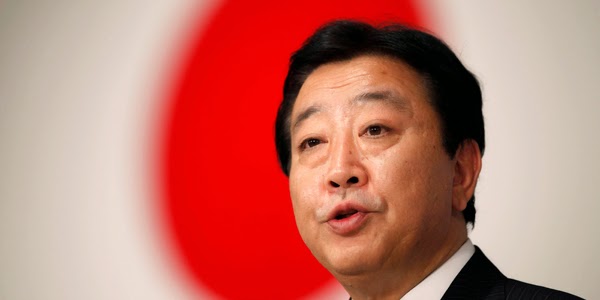Japan raises sales tax for first time in 17 years
Japan has raised its
consumption tax for the first time in 17 years in an attempt to rein in public
debt.
From Tuesday,
sales tax will increase from 5% to 8%. It will rise
again, to 10%, in October 2015. Prime Minister Shinzo Abe said he would
continue to take "necessary action" to address livelihood issues and
keep Japan's economy on track.
The stepped tax increases are aimed at covering rising
social welfare costs linked to Japan's ageing population. Japan currently has
one of the lowest birth rates in the world. It also has the world's highest
ratio of elderly to young people, raising serious concerns about future
economic growth. The last hike in 1997 saw Japan's consumption tax - the
equivalent of VAT (value-added tax) or sales tax - rise to 5% from 3%.
Almost
immediately afterwards, Japan plunged into a deep recession with a lasting
impact: the country has struggled to escape the trap of deflation, or
decreasing prices, almost yearly every since.
«Widely accepted»
A tax increase has been discussed in Japan for several
years, but it has always been perceived as highly unpopular with the
electorate. The current rise is expected to present a challenge to Mr Abe's aim
of forcing Japan's economy out of deflation and serial recession.
Separate data on Tuesday indicated that those concerns
are shared by the business community. The results of the Tankan survey, which
polls more than 10,500 Japanese companies about their business outlook,
indicated that Japanese firms were not optimistic about the rest of the year. However,
analysts say Japan's economy will have a better chance of surviving the tax
rise this time round.
"Everybody was extremely worried because of the
bad impact of the last hike, but this time it seems to be widely
accepted," Martin Schulz, an analyst at Fujitsu Research Institute, told
the BBC. "Demand is strong and it will not drop that much as many have
been fearing."



Комментариев нет:
Отправить комментарий